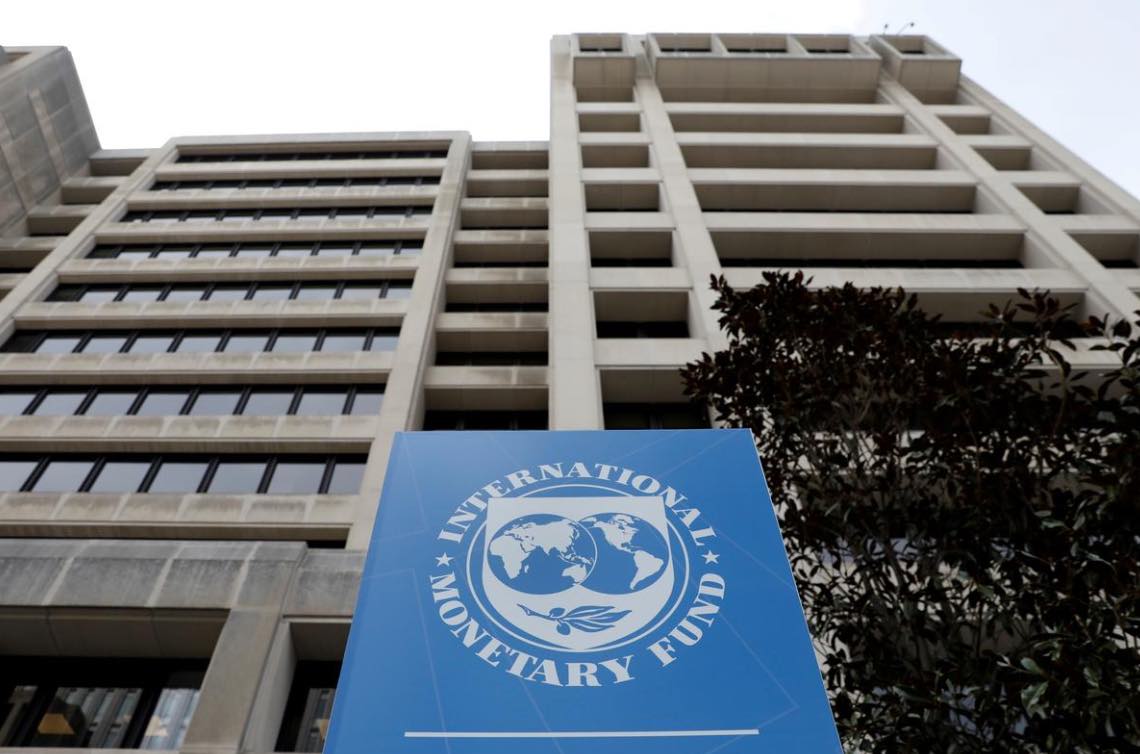
The executive board of the International Monetary Fund (IMF) has approved Egypt’s request for emergency financial assistance of US$2.772 billion to meet the urgent balance of payments needs stemming from the coronavirus pandemic.
An IMF statement on Monday said that the pandemic is an immediate and severe economic disruption that could negatively impact Egypt’s hard-won macroeconomic stability if not addressed.
It added that the Rapid Financing Instrument (RFI) will help alleviate pressing financing needs such as within health, social protection and supporting the most impacted sectors and vulnerable groups.
Egypt had achieved a remarkable turnaround prior to the COVID-19 shock, the IMF said, carrying out a successful economic reform program supported by the IMF’s Extended Fund Facility (EFF) to correct large external and domestic imbalances.
Authorities have launched a comprehensive package to contain the economic impact of the pandemic.
The IMF said it will remain closely engaged with the Egyptian government and the Central Bank of Egypt (CBE) and stands ready to provide policy advice and any further support.
The Egyptian government announced in April that it has requested a new financial package from the IMF — part of the fund’s Rapid Funding Tool program and the Stand-By Arrangement program — to enhance the state’s efforts to combat the coronavirus pandemic.
An Egyptian Cabinet press release issued in April stated that discussions with the IMF have entered an advanced stage.
This preemptive step follows the success of the country’s economic reform program and is aimed at maintaining the gains Egypt’s economy has made.
Following the executive board’s discussion, the IMF’s First Deputy Managing Director Geoffrey Okamoto said that “the COVID-19 pandemic has drastically disrupted people’s lives, livelihoods, and economic conditions in Egypt. The global shock has resulted in a tourism standstill, significant capital flight, and a slowdown in remittances, resulting in an urgent balance of payments need.”
He said that Egypt’s government has responded with a comprehensive package against any health impacts of the virus and to support the nation’s economic activity.
“The authorities acted swiftly to allocate resources to the health sector, provide targeted support to the most severely impacted sectors, and expand social safety net programs to protect the most vulnerable,” he said.
Okamoto added that the Central Bank of Egypt has similarly enacted some broad measures, including “lowering the policy rate and postponing repayments of existing credit facilities.”
“Emergency support under the RFI will help limit the decline in international reserves and provide financing to the budget for targeted and temporary spending, aimed at containing and mitigating the economic impact of the pandemic.”
“The authorities are committed to full transparency and accountability on crisis-related spending including through publishing information on procurement plans and awarded contracts, as well as ex-post audits of such spending,” he explained.
According to Okamoto, further expeditious support from multilateral and bilateral creditors will be required to “close the remaining balance of payments gap, ease the adjustment burden, and preserve Egypt’s hard-won macroeconomic stability.”
“As the crisis abates, measures to lower the debt level would need to resume along with continued implementation of structural reforms to increase the role of the private sector to achieve higher and inclusive private sector-led growth and job creation, unlocking Egypt’s growth potential and entrenching resilience,” he concluded.




